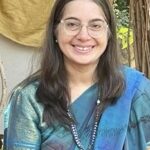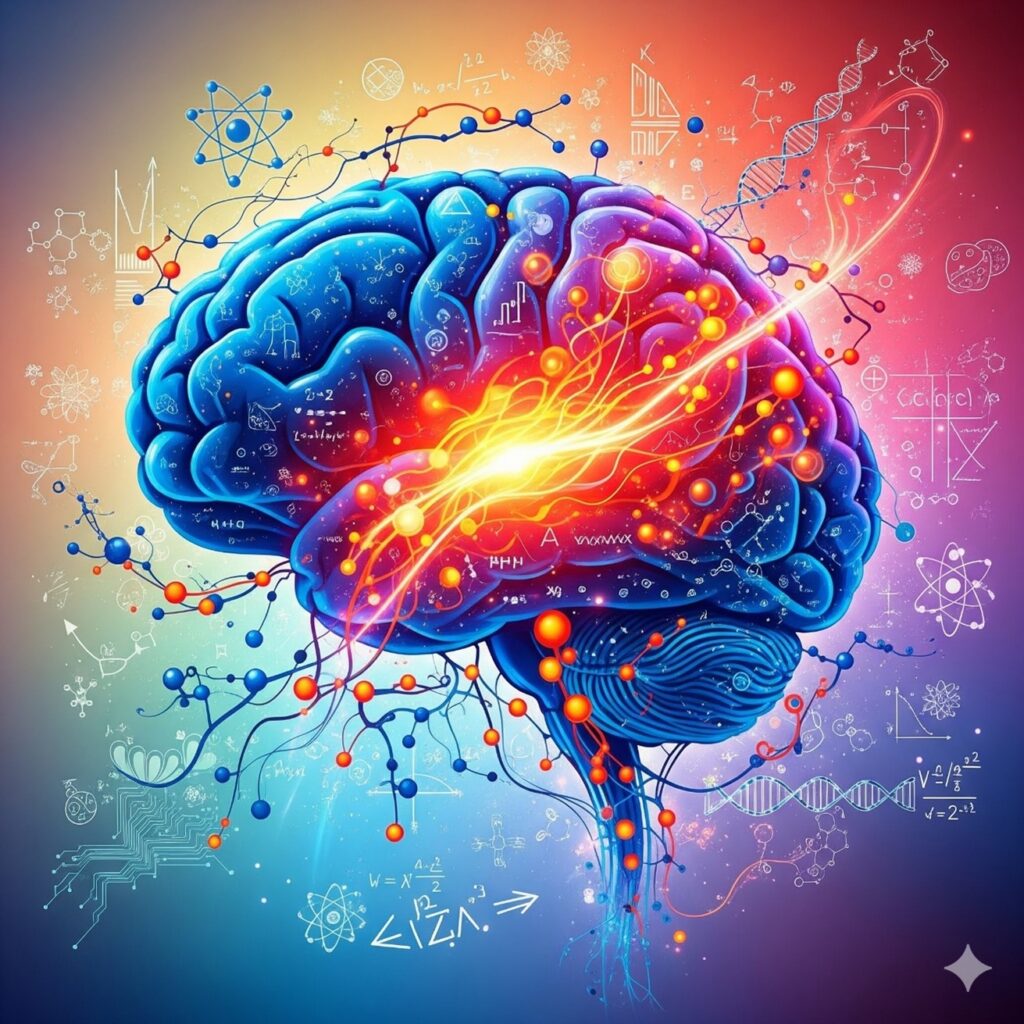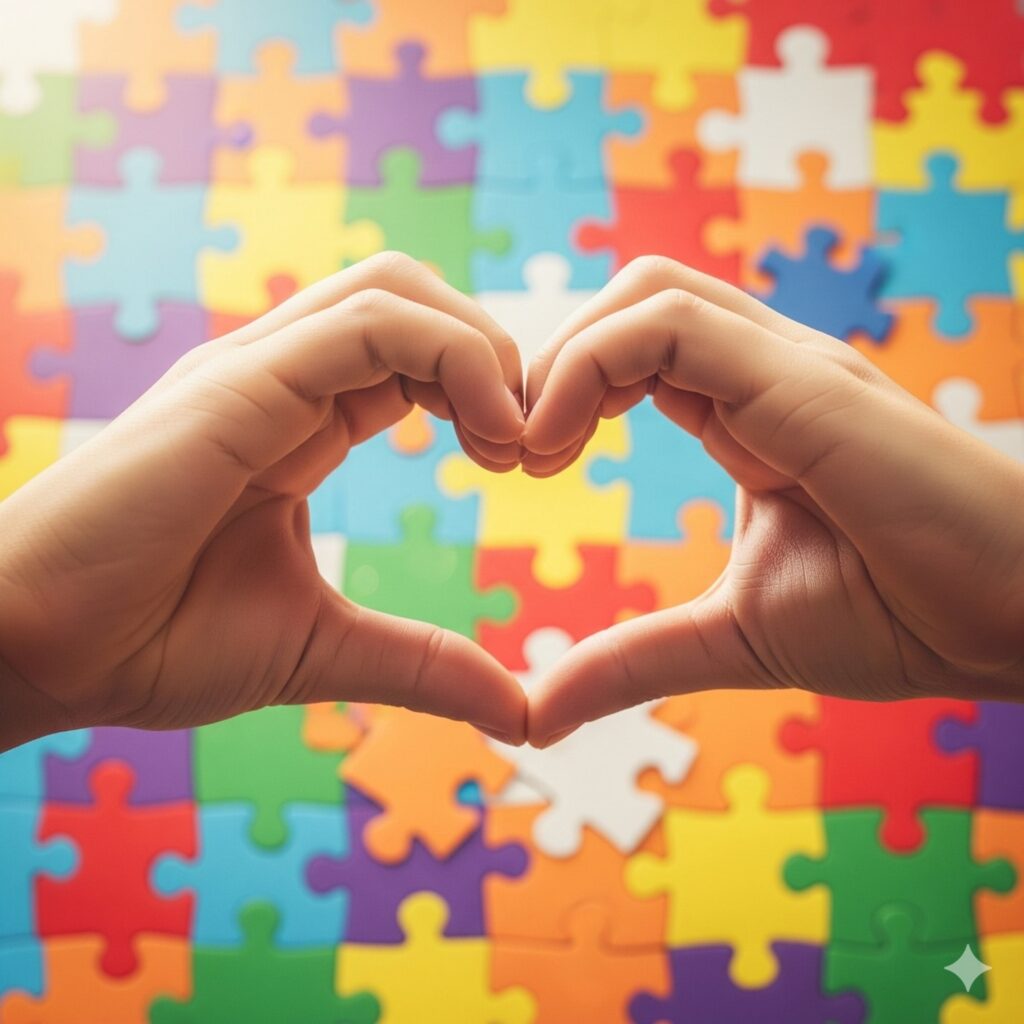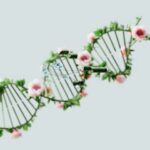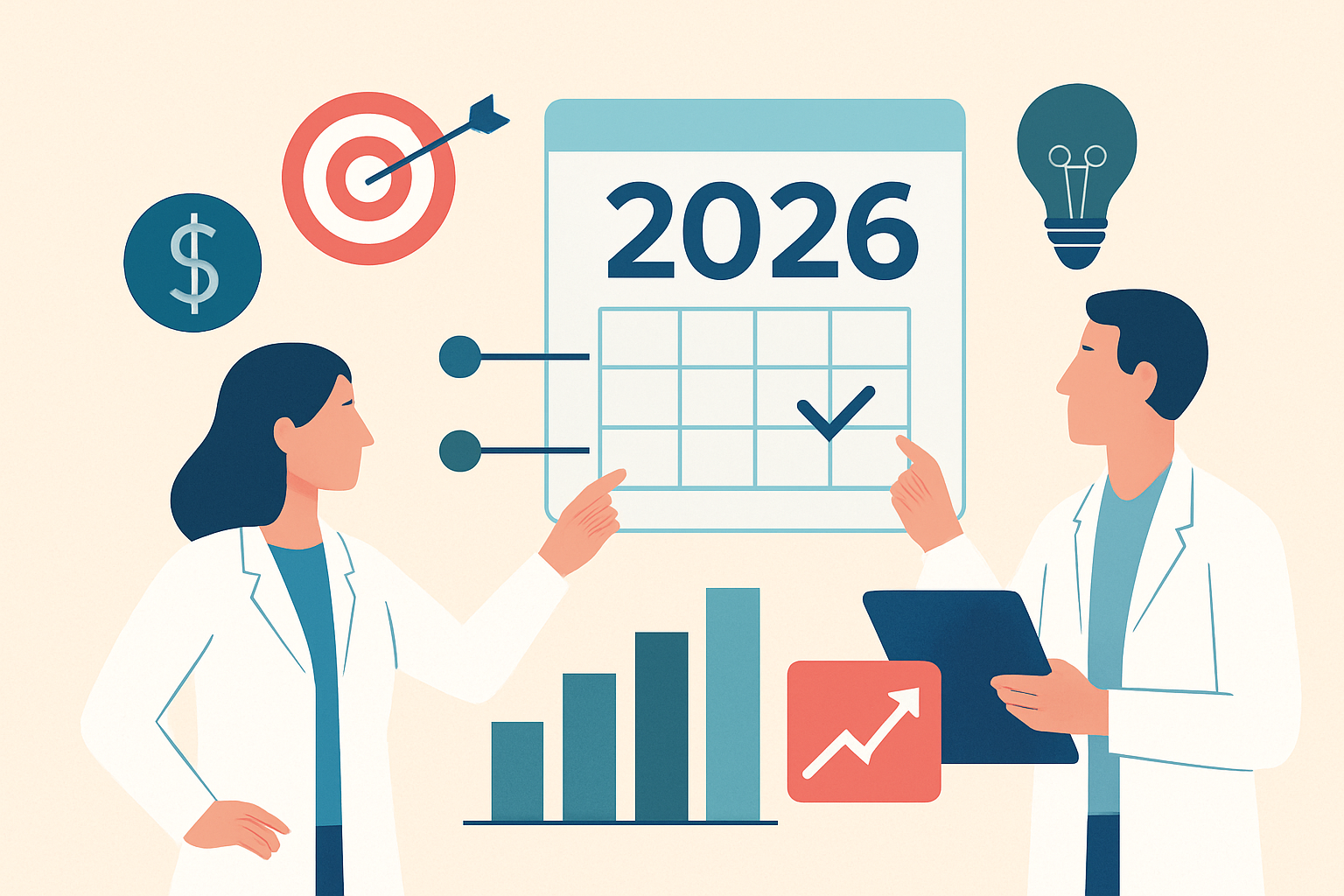Trust, Transformation, and Tomorrow: What is Science Really For?
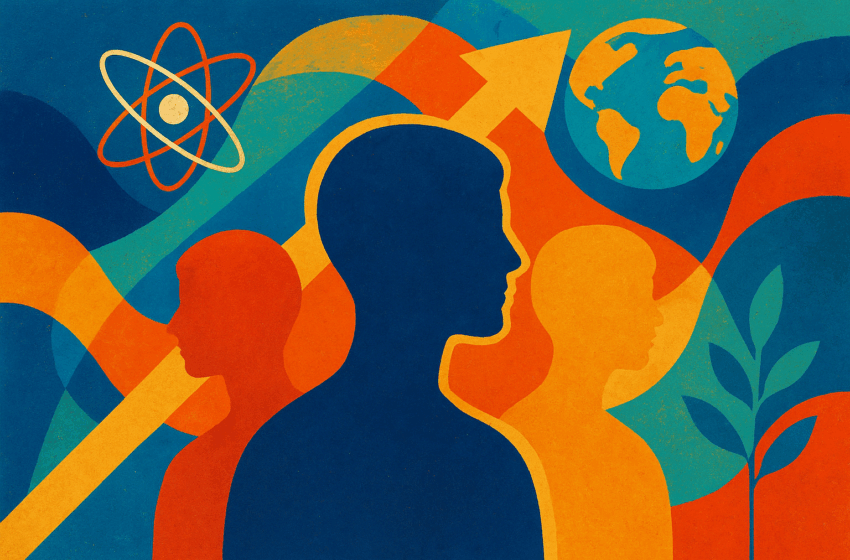
Every year, World Science Day for Peace and Development gives us a moment to pause and ask a question that should haunt and inspire every researcher: What is science really for?
In 2025, UNESCO answered boldly through its theme: “Trust, Transformation, and Tomorrow: The Science We Need for 2050.” I present here some thoughts and insights after attending the event on November 10th, 2025, on this incredibly timely and critical topic. My own perspective as a scientist is to keep an open mind and keep learning, communicating and readjusting ones’ sails just enough to accommodate the new winds of knowledge. I was one who entered the field purely out of an inner curiosity about the world around us. However, today, we need a new approach to foster a stronger relationship between science and society: one built not on prestige or output, but on trust, openness, and shared purpose.
Trust: A Renewed Social Contract
Trust has become the most fragile currency in the scientific world. There is a concern that there may be a widening gap between expert knowledge and public understanding, if deliberate efforts are not made to communicate science and new discoveries effectively.
For decades, we have rewarded publication counts over community engagement, competition over collaboration, and technical brilliance over social responsibility. The result? An impression that science is an exclusive club, operating above society rather than within it.
UNESCO’s call for a “renewed social contract” reminds us that trust can not be gained merely by conducting more outreach campaigns. We, the scientists must become accessible. Our duty to communicate science openly must be an integral part of who we are and what we do on a daily basis.
Transformation: A Collaboration Between Human and AI
AI dominated discussions at UNESCO’s 2025 event. AI promises breakthroughs in climate modeling, precision medicine, and sustainable agriculture.
However, transformation cannot be reduced to technological acceleration. It must also mean transforming who participates in science, who benefits from it, and who decides its direction.
The next scientific paradigm must be:
- Democratized: No researcher should be excluded because of geography, gender, or funding inequities.
- Ethical: Governance must evolve as quickly as innovation does.
- Collaborative: Diversified funding, including philanthropy, multilateral partnerships, and responsible private investment, is becoming essential for resilience.
The science of the past 50 years was defined by scaling computation.
The science of the next 25 must be defined by scaling equity.
Tomorrow: Science for Peace and Possibility
UNESCO’s forward-looking question: “What science do we need for 2050?” reframes science not merely as knowledge creation but as a tool for peace and planetary survival.
By 2050, science must be:
- Border-transcending
- Open by default
- Interdisciplinary
- Rooted in public benefit
This is where UNESCO’s open science agenda becomes transformative. Open science is not about free PDFs; it is a philosophical reorientation that places knowledge as a global public good. For researchers, it means sharing data, methods, and insights not because policy mandates it, but because the survival of future generations may depend on it.
A Future Worth Shaping Together
The science we need for 2050 cannot be built by scientists alone. It demands policymakers willing to invest in long-term knowledge, educators who nurture scientific curiosity, communicators who bridge divides, and citizens who see science as a shared inheritance.
UNESCO’s 2025 theme challenges us to think beyond the present.
But the deeper challenge is this: Will we have the courage to redesign science itself?
The next 25 years will answer that question.
